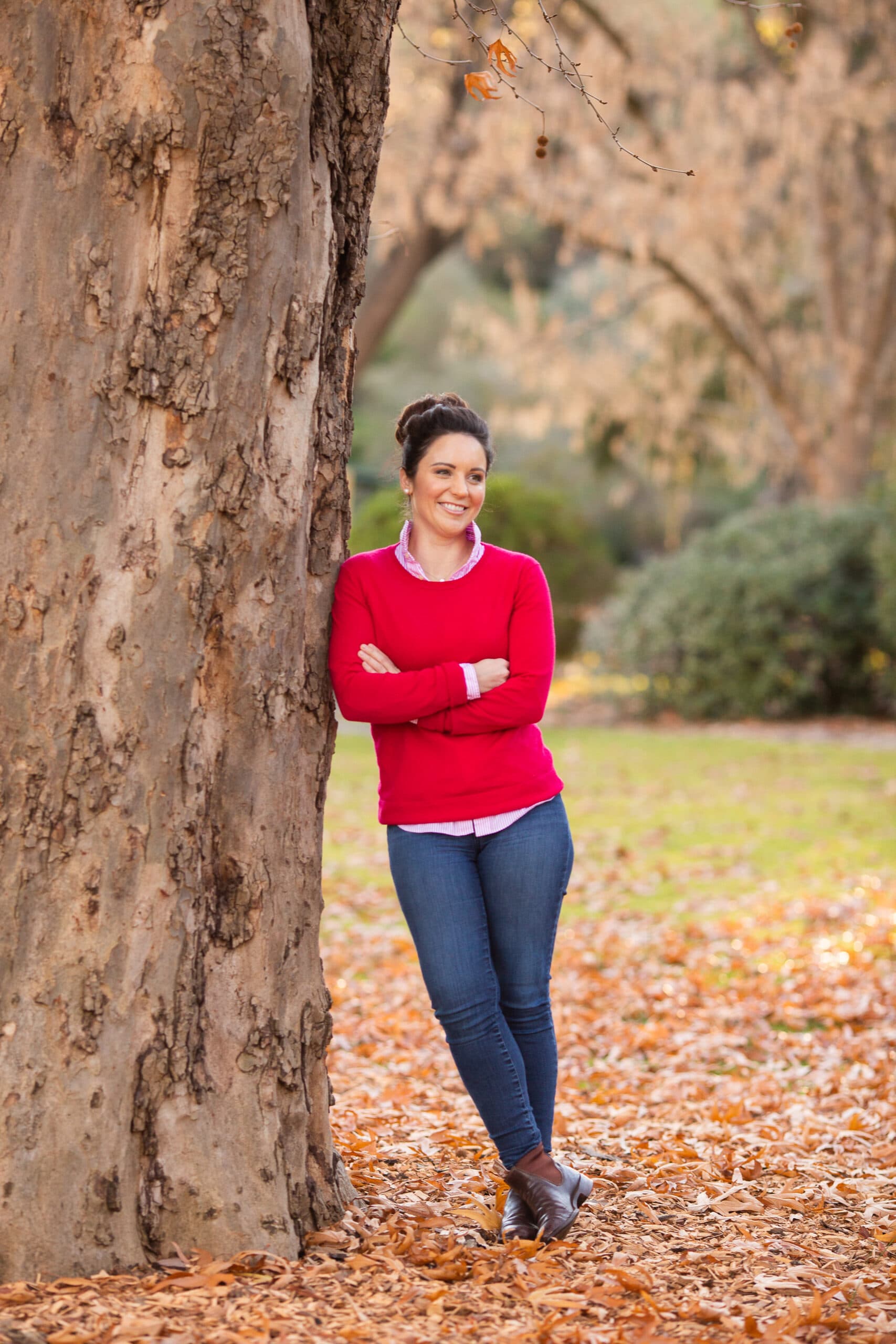Budding cotton scientist set on creating a crop that can cop heat-stress
Thursday, 13 October 2022
Safety first despite improvement in farm safety statistics

While on-farm deaths decreased in 2021, we must keep talking about farm safety to achieve our zero target as one life lost is one too many. Farm safety advocate Alex Thomas is continuing the conversation by changing the narrative and breaking new ground with her #PlantASeedForSafety initiative.
For the second year running, on-farm deaths decreased by 20 per cent in 2021 compared to 2020, according to the latest farm safety data.
The annual report prepared by AgHealth Australia, funded by AgriFutures Australia, Non-intentional Farm Related Incidents in Australia 2021, found that there were 46 on-farm deaths from 1 January to 31 December 2021, compared to 58 on-farm deaths in the same period for 2020.
There has been a significant amount of work that has gone into increasing safety on-farm, from technology solutions to the ACCC Quad Bike Safety Standard, introduced in October 2020.
While it is encouraging to see the statistics heading in the right direction, we can’t lose sight of the most important picture, which is that the statistics aren’t just numbers, they represent human lives lost and the devasting impact that loss has across our farming communities. One life lost on-farm is one life too many.
According to the 2021 report, tractors, quad bikes and side-by-sides were the three most frequently reported agents of injury, collectively accounting for 56 per cent of the total on-farm deaths. Tractor incidents were the leading cause of death with 10 fatalities. There were nine quad bike deaths and seven side-by-side vehicle deaths.
Quad bike deaths decreased between 2020 and 2021 (from 14 to 9 incidents); however, the number of incidents involving tractors and side-by-sides have remained very similar.
Age is another factor. In 2021, 27 fatalities were people aged 45 years and over and six were children aged 14 years and under. In 2020, there were 36 fatalities in people over 45 age and eight children aged 14 years and under.
The Research & Development Corporations, who fund research through the Rural Safety and Health Alliance (RSHA), are continuing to review the research data and explore ways to improve safety across our agricultural, fisheries and forestry industries.
RSHA Chair, Professor Lyn Fragar AO said the figures are a stark reminder that on-farm safety continues to be one of the biggest challenges for the agricultural sector but noted there are everyday practices we can implement to make our industry safer.
“Ensuring the safety features of tractors, quad bikes and side-by-sides are used, could significantly reduce the number of injuries from these machines. If a seatbelt is present use it (tractors/side-by-sides), fit an operator protection device (quad bike), always wear a helmet (quad bike/ side-by-side) and never let children ride or be carried as passengers on quad bikes. It’s simple practices that help protect people and children living and working on-farm,” said Professor Fragar.
Changing the farm-safety narrative
Driven by personal experience, the 2018 SA Rural Women’s Award Winner, Alex Thomas, is breaking new ground with her approach to farm safety.
Advocating that safety doesn’t have to be boring and uninspiring, Ms Thomas has used her RWA platform to establish #PlantASeedForSafety, a rural social change initiative that puts health and wellbeing front of mind, and encourages men, women and children to return home safe and well at the end of each day.
Employing thought-provoking social media campaigns, including #PlantASeedForSafety and #SaveALifeListenToYourWife, she focuses on disrupting the traditional narrative and setting a new benchmark for how to inspire people and make better choices.
“One of the biggest flaws associated with the health and safety narrative is that it’s inherently boring, in-human and fuelled by technical jargon,” Ms Thomas said.
She reasons that concentrating on policies, procedures and box-ticking is not only uninspiring, but dangerous, and the fear of being penalised blocks the opportunity to do things differently or better.
“We need to realign ourselves with the ‘why’ – that is – to get people home safe and well at the end of each day. To mirror the words of Professor Sidney Dekker, ‘Safety is an ethical responsibility, not a bureaucratic accountability’,” Ms Thomas said.
“Authenticity, storytelling, humour and creating a compelling call to action are my four key ingredients.”
Alongside running her agri-business work health and safety consultancy, Ms Thomas cares part-time for her father.
“The collective impact of drought, family breakdown, the sale of the station, Q fever, Ross River virus, diabetes, heart failure and kidney failure has meant that I’ve been caring for my dad since I was 15 years old.
“It’s now my life’s work to prevent what happened to my dad and our family from happening to someone else’s.”
Latest News
-
Budding cotton scientist set on creating a crop that can cop heat-stress WORKFORCE AND LEADERSHIP / 13.10.22
WORKFORCE AND LEADERSHIP / 13.10.22 -
Essential tools and proactive biosecurity measures for sustainable Sea Cucumber industry growth EMERGING INDUSTRIES / 13.10.22
EMERGING INDUSTRIES / 13.10.22 -
New workforce strategy for Australia’s $8 billion+ chicken meat industry CHICKEN MEAT / 13.10.22
CHICKEN MEAT / 13.10.22 -
‘One-size-fits-all will no longer suffice’: AgriFutures Australia reveals new revenue opportunities for rural industries NATIONAL CHALLENGES AND OPPORTUNITIES / 13.10.22
NATIONAL CHALLENGES AND OPPORTUNITIES / 13.10.22






